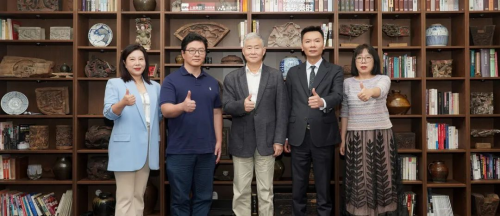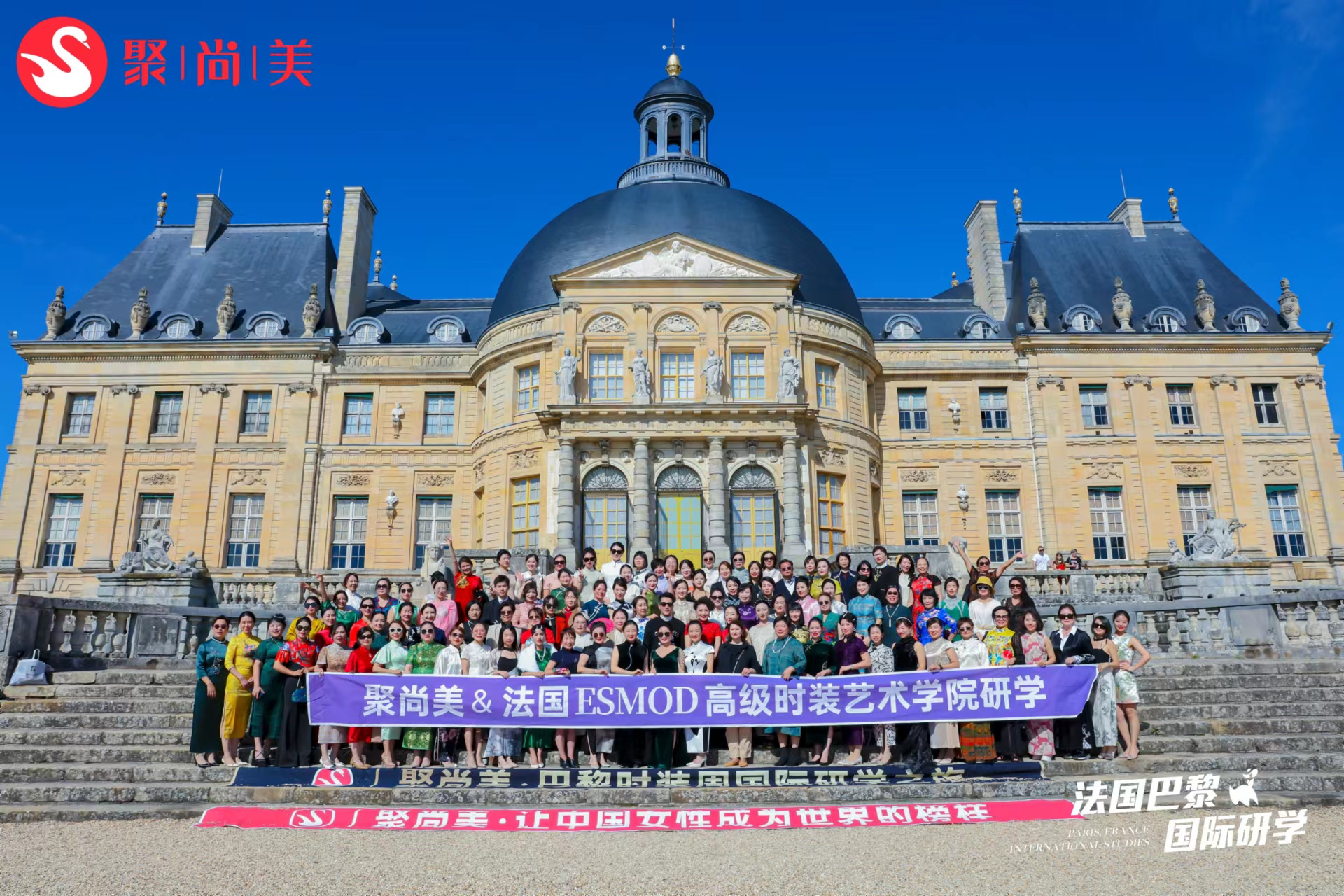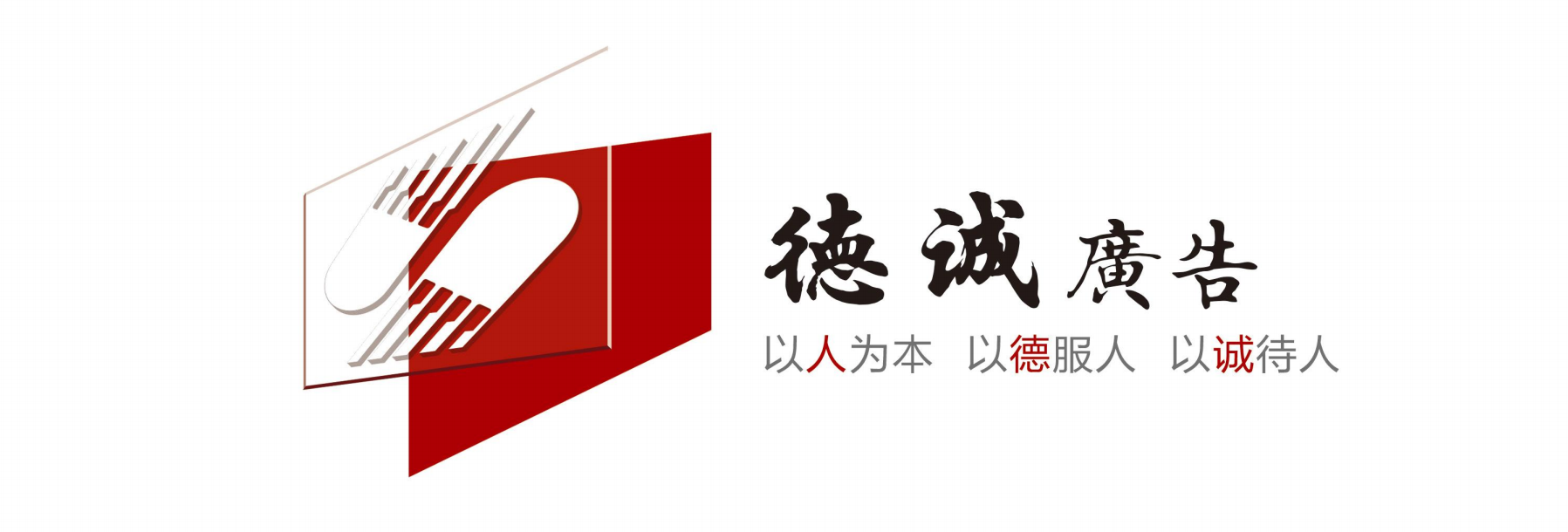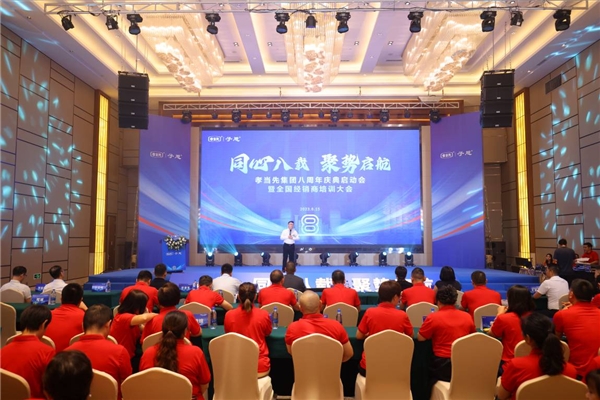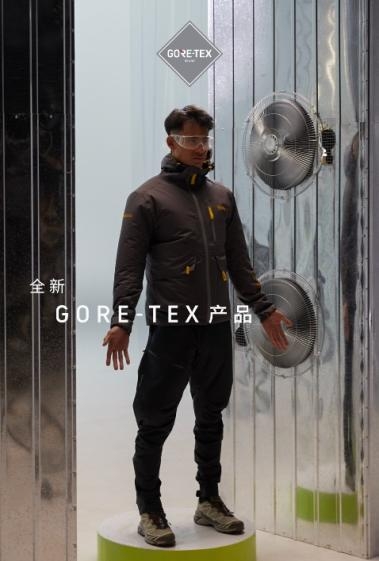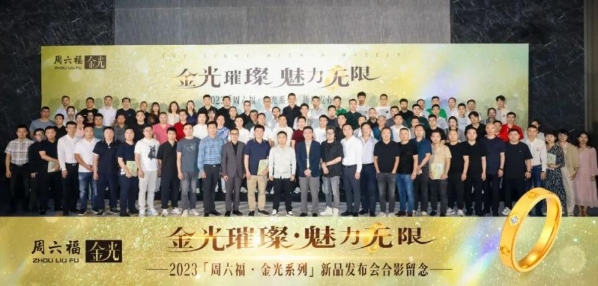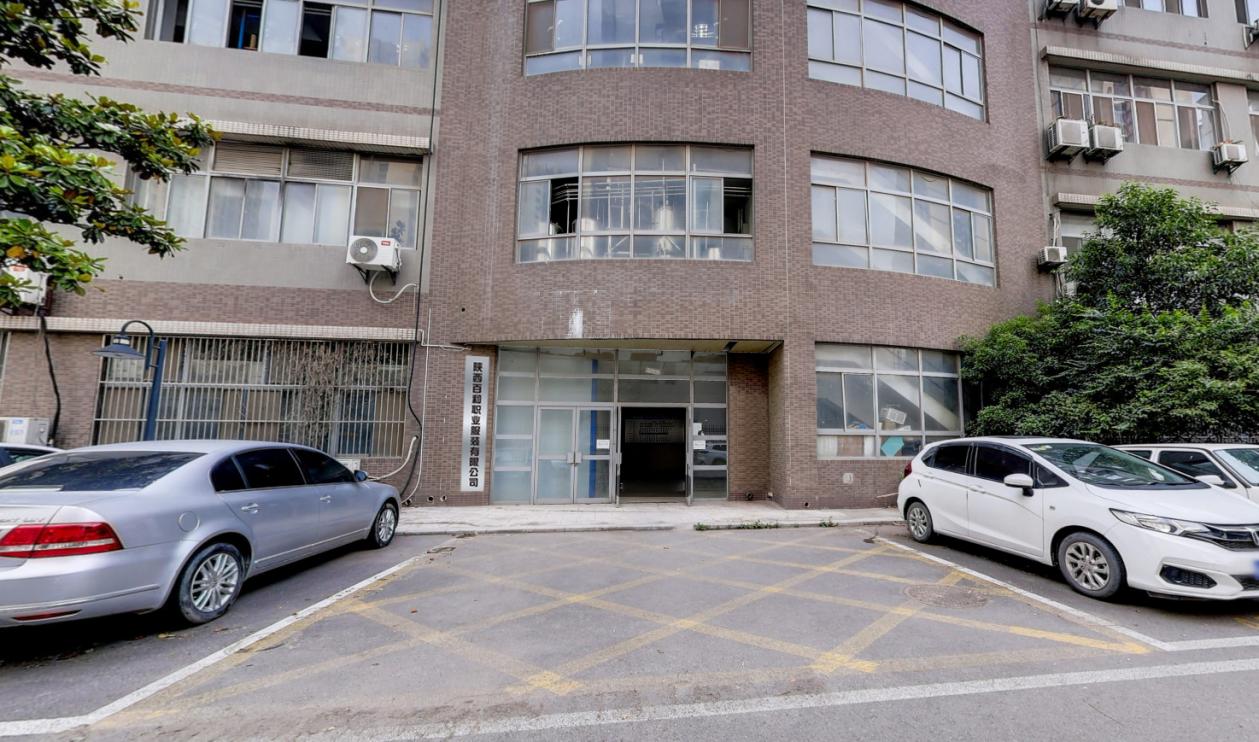The Institute for Basic Science 鈥?South Korea鈥檚 flagship basic-research organization 鈥?is being restructured after a year of scandals and criticism, including allegations of misappropriated funds and nepotism.
The nation鈥檚 science ministry announced on 10 September that the reform measures will include changes to the institute鈥檚 administrative structure, its purchasing system and its pay grades.
The Institute for Basic Science (IBS) was founded in 2011, and is modelled on the Max Planck Society in Germany and RIKEN in Japan. It is often referred to as South Korea鈥檚 鈥楴obel prize project鈥?鈥?an attempt to win the country鈥檚 first scientific Nobel.
South Korea鈥檚 鈥楴obel prize project鈥?rocked by tough year
But in the past year, the organization has been rocked by financial-mismanagement allegations against several IBS centres that have been raised in the media and parliamentary hearings. As a result, 28 of the institute鈥檚 30 centres have been audited in a number of government investigations, the most recent of which ran until August. The science ministry said the results of the audits informed the reorganization.
As part of the reforms, 97 members of administrative staff from 19 centres will be consolidated into 5 administration centres. These include centres at IBS headquarters in Daejeon, as well as on university campuses at KAIST in Daejeon, the Ulsan National Institute of Science and Technology and the Pohang University of Science and Technology. This is intended to improve administrative efficiency and to allow centre directors to focus on research.
But Andreas Heinrich, director of the IBS Center for Quantum Nanoscience in Seoul, thinks that moving support staff away from research centres will add more layers of administration. 鈥淟ess autonomy means less creativity,鈥?he says.
Administrative staff need to attend scientific meetings to understand the centre鈥檚 activities and to ensure that solutions to any problems follow IBS regulations, says Yannis Semertzidis, director of the IBS Center for Axion and Precision Physics Research at KAIST.
Five hubs of Asian science
The reforms will also see researchers鈥?minimum salaries increase over time. And to further reduce the administrative burden on directors, a central purchasing system will be introduced to handle frequently bought commodities such as materials, reagents and office supplies.
The nation鈥檚 new science minister, Choi Ki-young, was inaugurated on 10 September, after being appointed by South Korean President Moon Jae-in. In remarks after his inauguration, Choi vowed to 鈥渟pare no investment in basic science鈥? saying it would protect against an uncertain future.
Calls for further investment in basic science in South Korea have grown amid an escalating trade dispute with Japan that threatens to disrupt supplies of key semiconductor components. Basic science, many say, can help to ensure that South Korea has its own supply chain, giving it technological independence.
 时尚街拍网
时尚街拍网